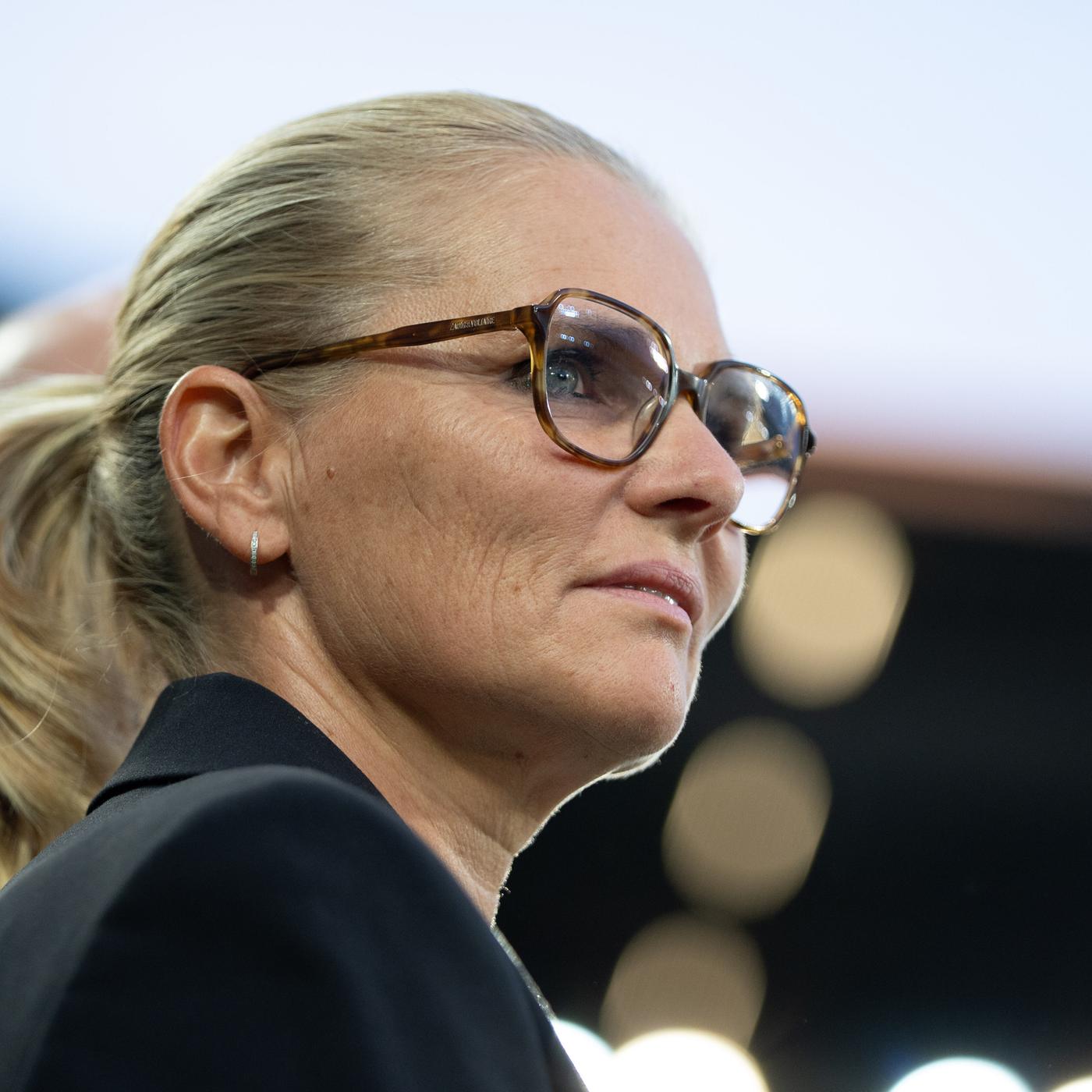
Introduction
Sarina Wiegman, the Dutch football manager and former player, has increasingly become a significant figure in women’s football. Her journey, both as a player and a coach, highlights the evolving landscape of the sport and the importance of female leadership in a traditionally male-dominated arena. As the head coach of the England women’s national football team, Wiegman’s influence and strategies have not only elevated the team but have also inspired a generation of young female athletes.
Achievements and Impact
Wiegman’s coaching career is marked by remarkable achievements. Under her stewardship, the Dutch national team reached the finals of the UEFA Women’s Euro 2017, winning the tournament in a historic moment for Dutch football. Following this, she led the team to a runner-up finish at the 2019 FIFA Women’s World Cup, showcasing her tactical acumen and ability to motivate her players. In 2021, Wiegman took the helm of the England women’s national team, where she quickly made her mark, guiding them to the Euro 2022 victory. This win was particularly significant, as it was the first time in history that England’s women claimed a football championship on home soil, igniting enthusiasm for women’s football across the country.
Wiegman’s coaching style is known for its adaptability, resilience, and emphasis on player development. She cultivates an environment that encourages players to express themselves on the pitch, fostering creativity and teamwork. Her approach not only enhances performance but also empowers players, making them active participants in their development.
The Significance of Her Leadership
As a role model, Sarina Wiegman embodies the possibilities for women in sports leadership. Her success has been particularly impactful in promoting women’s football and drawing attention to gender equality in sports. Wiegman’s position exemplifies how women’s sports deserve the same recognition, support, and investment as their male counterparts. After her team’s triumph at Euro 2022, there has been an increased call for better funding, resources, and visibility for women’s teams, striving towards a more equitable sporting landscape.
Conclusion
As Sarina Wiegman continues her journey as a coach, her influence transcends beyond the sport itself. She is proving that women can not only compete at the highest levels but also lead with vision and success. Looking ahead, the impact of her leadership will likely inspire the next generation of female coaches and players. With the continued growth of women’s football globally and increasing recognition of the sport, Wiegman’s legacy as a pioneer will remain lasting, encouraging young women to pursue their passions—both on and off the pitch.
You may also like

The Evolving Role of the Manager in Modern Business

Boris Johnson: A Look at His Current Political Landscape

The Legacy of Michael Owen in English Football
SEARCH
LAST NEWS
- Remembering Wendy Richard: The Promise to Co-Star Natalie Cassidy
- How Did Anglian Water Achieve an ‘Essentials’ Rating for Mental Health Accessibility?
- Shai Hope Leads West Indies in T20 World Cup Clash Against South Africa
- What We Know About Weston McKennie: Future at Juventus and Past at Leeds
- What We Know About the Upcoming Live Nation Antitrust Trial